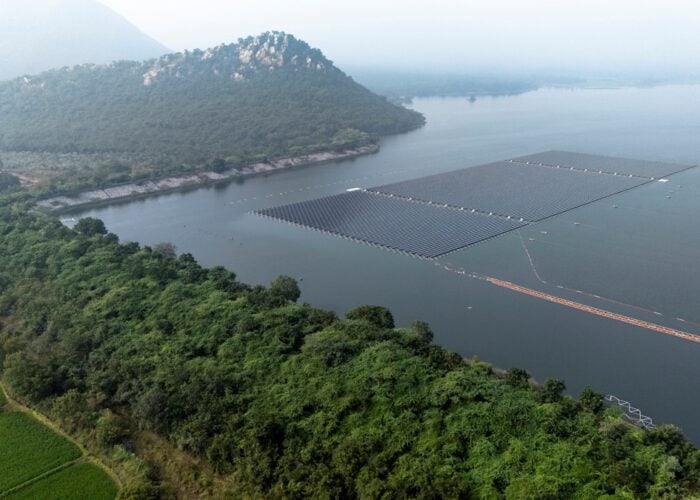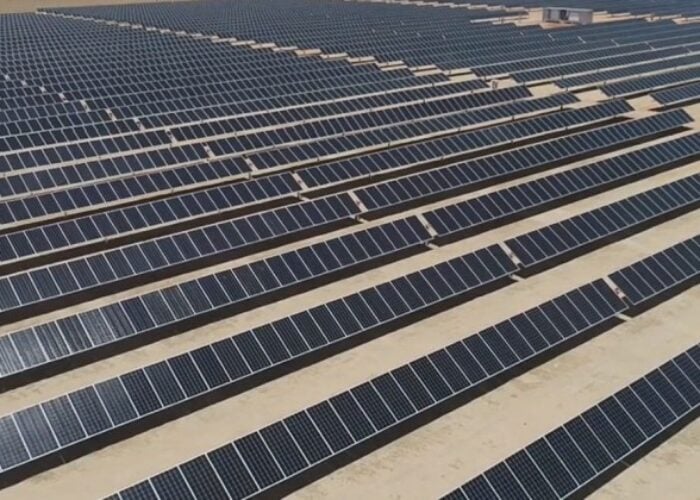McObject’s ‘eXtremeDB’ Fusion embedded database system, a Linux-based device for solar power optimization, is being integrated with Azuray Technologies' DC-to-DC converters for “smart” solar modules. Azuray needed a small, fast embedded database management system (DBMS) in its communications gateway but building a DBMS from scratch would be costly and take considerable development time.
Problem
Try Premium for just $1
- Full premium access for the first month at only $1
- Converts to an annual rate after 30 days unless cancelled
- Cancel anytime during the trial period
Premium Benefits
- Expert industry analysis and interviews
- Digital access to PV Tech Power journal
- Exclusive event discounts
Or get the full Premium subscription right away
Or continue reading this article for free
PV module manufacturer are focusing on distributed electronics to increase solar energy generation efficiency and wring more juice from the sun's rays. A potential limitation in this type of energy generation is that when just one solar panel's productivity is hindered — by shade, mismatch and other obstructions — the decrease in power generation is multiplied across multiple panels. Azuray's maximum power point tracking (MPPT) DC-to-DC converter technology uses embedded software to offset the effect of these environmental conditions and increase the amount of solar energy generated.
Solution
eXtremeDB Fusion offers hybrid storage: different record types can be designated for storage in RAM or on persistent media (flash, in this case). Some of the gateway’s data, particularly on solar panel performance, is inherently transient. Storing it in memory reduces wear on the flash device. The gateway applications do not need the database server mechanism that is part and parcel of many DBMS. eXtremeDB forgoes client/server architecture, instead offering an in-process model in which database functions are embedded directly in application code. Azuray’s gateway gains performance, and reduces memory and CPU demands, by eliminating interprocess communication and other client/server overhead. It also minimizes the amount of RAM and flash memory required on each communications gateway, resulting in a lower per-unit manufacturing cost.
Applications
Power optimization/ energy harvest enhancement products for ‘smart’ solar modules.
Platform
McObject offers data management technology that makes applications and devices smarter, more reliable and more cost-effective to develop and maintain.
Availability
Azuray expects to offer the enhancement in 2011.






